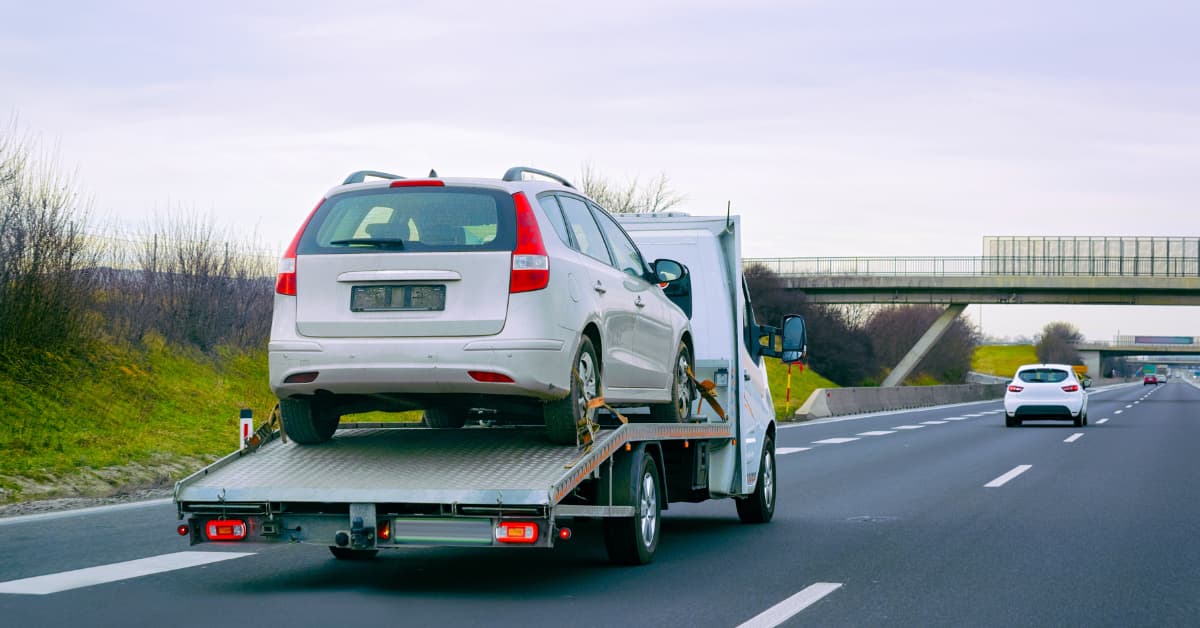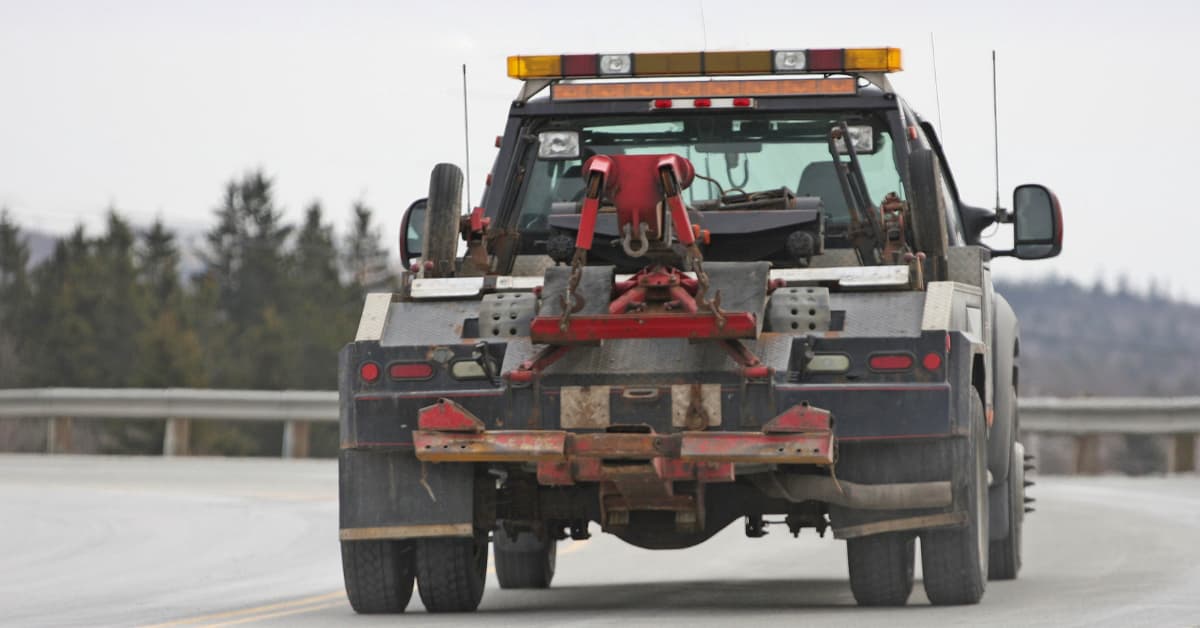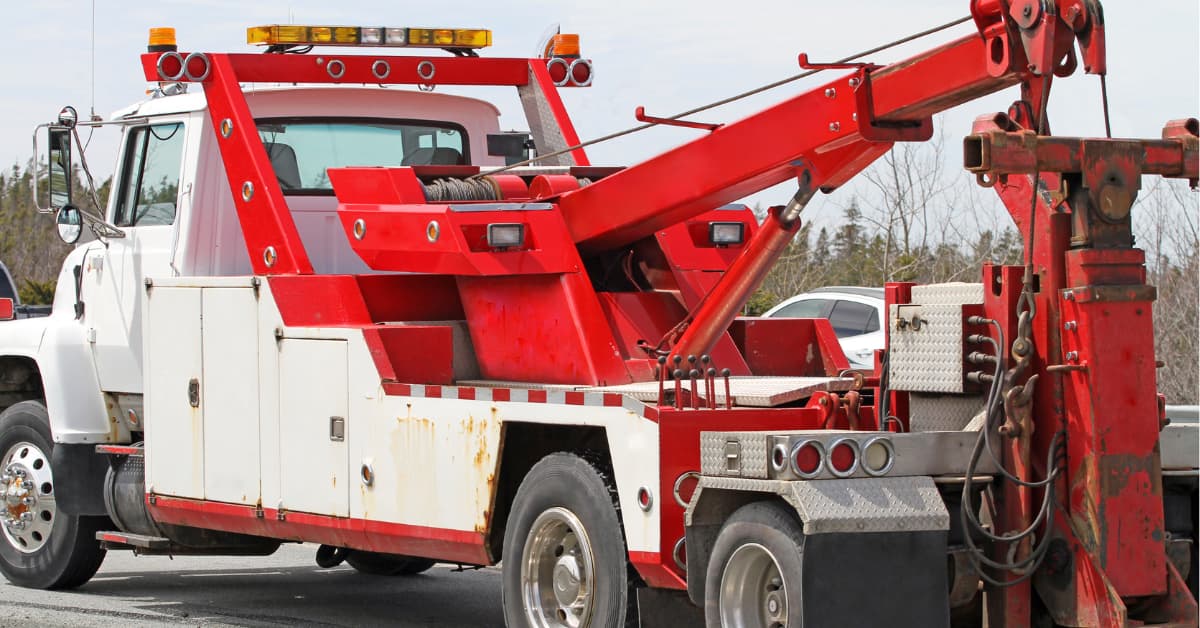Safeguarding valuable vehicles during transportation is a critical consideration for owners. Enclosed car transport provides a superior level of protection compared to open transport methods, particularly for classic, luxury, or high-performance automobiles.
This guide examines the key aspects of enclosed vehicle shipping, including its advantages, important factors to consider, and common inquiries. For those specifically seeking enclosed auto transport services on the east coast, specialized providers offer tailored solutions.
By understanding the nuances of enclosed transport, vehicle owners can make well-informed decisions to ensure their prized assets reach their destination securely.
Key Takeaways:
- Enhanced Protection: Enclosed car transport offers superior security for classic, luxury, and high-performance vehicles, shielding them from weather and damage.
- Cost vs. Benefit: Enclosed transport is 30% to 60% more expensive than open transport but provides essential protection for high-value vehicles.
- Added Security: Features like GPS tracking and climate control in enclosed transport reduce risks such as theft, offering peace of mind and potential insurance savings.
- Plan Ahead: Book enclosed car transport 2-3 weeks in advance to secure the right trailer and ensure timely transport, especially during peak seasons.
- Preparation & Tracking: Properly preparing your vehicle and using tracking tools ensures a smooth transport process and keeps you informed throughout the journey. It’s important to be informed as well with the car transport bill of lading and what it involves.
Why Choose Enclosed Car Transport?
While open car transport is widely utilized for its cost-efficiency, specific circumstances necessitate a more specialized approach. Enclosed car transport offers superior protection and becomes the preferred option in several key scenarios.
Protecting Your Investment
Consider a scenario involving a rare 1967 Shelby Cobra, a valuable piece of automotive history requiring cross-country transportation. In such cases, exposure to road debris, inclement weather, and public scrutiny presents significant risks that discerning owners would seek to mitigate.
Enclosed car transport shields your prized vehicle from these hazards within a secure, enclosed trailer, offering much-needed peace of mind throughout the journey. This option becomes especially crucial when transporting a classic or exotic car that requires specialized care.
Preserving a Showroom Finish
For vehicles that transcend mere transportation, enclosed car transport offers superior protection for their aesthetic integrity. This category encompasses luxury sedans, high-performance sports cars, and bespoke automotive creations—vehicles that command attention and admiration.
The enclosed trailer functions as a protective environment, shielding the vehicle from ultraviolet radiation, adverse weather conditions such as hail, and road contaminants typically encountered during long-distance transit.
This level of protection ensures the vehicle’s arrival in optimal condition, thus preserving its market value and visual appeal.
Added Security for Valuable Cargo
Transporting high-value vehicles involves inherent risks. Enclosed car transport offers enhanced security measures, such as GPS tracking, climate control, and limited access to the trailer.
These measures minimize the potential for theft or vandalism. This level of security isn’t merely reassuring; it can lead to lower insurance premiums as providers recognize the reduced risk associated with enclosed transport.
Making a Choice: Open vs. Enclosed Car Transport
The decision between open vs enclosed car transport often boils down to individual needs and budget. While enclosed transport provides ultimate protection, it usually comes at a higher price.
Open car transport is often the more budget-friendly option, making it a sensible choice for standard vehicles where exposure to the elements isn’t a major concern.
However, when your car’s value, condition, and peace of mind take precedence, the premium you pay for enclosed car transport is a worthwhile investment.
FAQs About Enclosed Car Transport
What types of vehicles are typically transported using enclosed carriers?
Enclosed car transport is a popular choice for a range of vehicles, including:
- Classic cars
- Luxury vehicles
- Sports cars
- Exotic cars
- Custom-built vehicles
- Vehicles with high sentimental value
How much more expensive is enclosed auto transport compared to open transport?
The cost difference between open and enclosed auto transport can vary significantly. Factors that influence pricing include:
- Distance of the transport
- Type of vehicle being shipped
- Time of year
- Additional services requested
As a general guideline, expect enclosed auto transport to be 30% to 60% more expensive than open transport. However, getting personalized quotes from reputable carriers will give you the most accurate pricing for your specific needs.
What are the typical insurance coverage options for enclosed car transport?
Reputable enclosed car transport companies generally offer insurance coverage as part of their services. It’s essential to confirm the insurance details and coverage limits before booking a shipment. Typically, you’ll find two types of coverage options:
- Primary cargo insurance provided by the transport company.
- Contingent cargo insurance acts as secondary coverage that supplements the transport company’s insurance.
How far in advance should I book my enclosed car transport?
It is recommended to book your enclosed car transport at least two to three weeks in advance, especially during peak seasons. However, securing your booking further in advance, such as four to six weeks, is always a good practice.
Booking early ensures ample time for the transport company to schedule your shipment and secure the appropriate enclosed trailer for your vehicle.
Are there any size restrictions for vehicles transported via enclosed carriers?
While enclosed carriers can accommodate a wide range of vehicle sizes, there are still some restrictions to consider. The maximum height clearance for most enclosed trailers is around 6 to 7 feet, depending on the specific trailer design.
If you have a lifted truck, a large SUV, or any other vehicle with modifications that exceed these dimensions, it’s essential to communicate with the transport company beforehand. They can then advise you on the availability of specialized trailers that can accommodate oversized vehicles.
How long does enclosed car transport typically take?
The transit time for enclosed car transport depends on factors like the distance of the move and the specific route taken. Generally, you can estimate an average of 100 to 300 miles covered per day.
For example, a cross-country shipment might take around five to seven days, while a shorter-distance move within a state could be completed in one to two days. It’s important to note that these are just estimates.
Your chosen auto transport provider can give you a more precise timeframe based on your individual shipment details.
What are some tips for preparing my vehicle for enclosed car transport?
Taking a few simple steps to prepare your vehicle before it’s loaded onto the enclosed trailer can help ensure a smooth transport process. Consider these recommendations:
- Wash your car to remove any loose dirt or debris.
- Document the condition of your vehicle by taking photos or videos before handing it over to the transporter.
- Remove any personal belongings from the car, including valuables and loose items. Enclosed carriers usually have limited liability for personal items inside the vehicle.
- Disable any car alarms or aftermarket security systems that could activate during transit.
- Ensure your gas tank is no more than one-quarter full. This reduces weight and minimizes any potential fire hazards during transport.
- Check your tire pressure and inflate them to the recommended levels. Properly inflated tires help prevent flat spots during transport.
- Inform the transport company of any existing leaks or mechanical issues with your vehicle. They may require additional precautions or paperwork to proceed with the shipment.
Can I track the location of my vehicle during enclosed transport?
Reputable enclosed car transport companies provide vehicle tracking options for your peace of mind. They typically utilize GPS tracking systems that allow you to monitor the location and progress of your vehicle during transport.
You will likely receive regular updates and have access to online tracking tools provided by the company. Real-time tracking capability offers transparency and keeps you informed about your vehicle’s whereabouts throughout its journey.
Premium Vehicle Protection During Enclosed Car Transport
Enclosed car transport has established itself as the premier solution for vehicle owners, prioritizing maximum protection and security during transportation.
When evaluating shipping options, it is essential to carefully consider the specific requirements of the vehicle, the nature of the journey, and budgetary constraints. While both open and enclosed transport methods have their merits, enclosed car transport offers unparalleled safeguarding for high-value, classic, or sensitive vehicles.
Don’t leave your vehicle’s safety to chance – contact Geyers Towing today! Their experienced staff can guide you through the enclosed car transport process, providing peace of mind and unmatched service for your automotive transportation needs.




